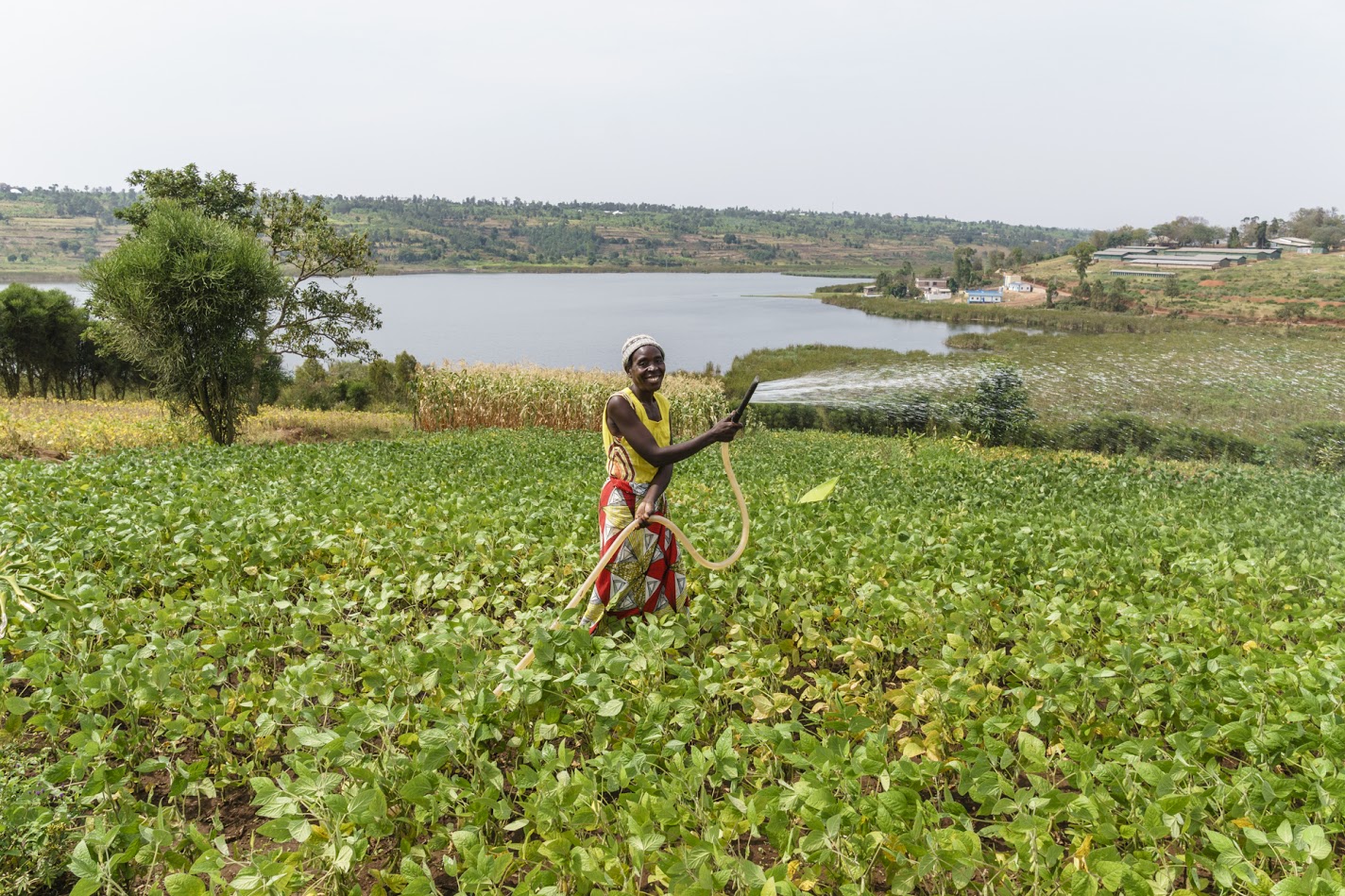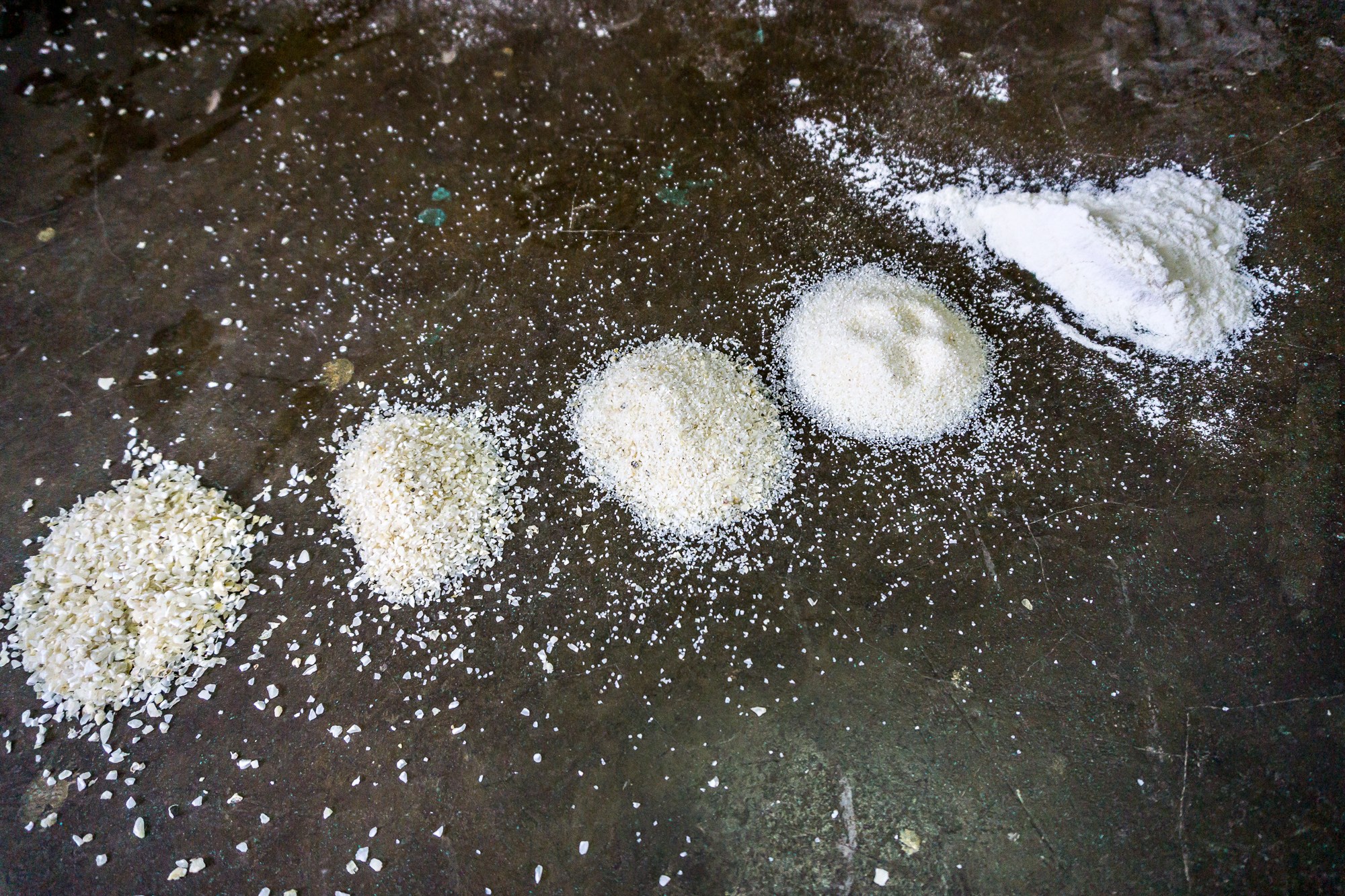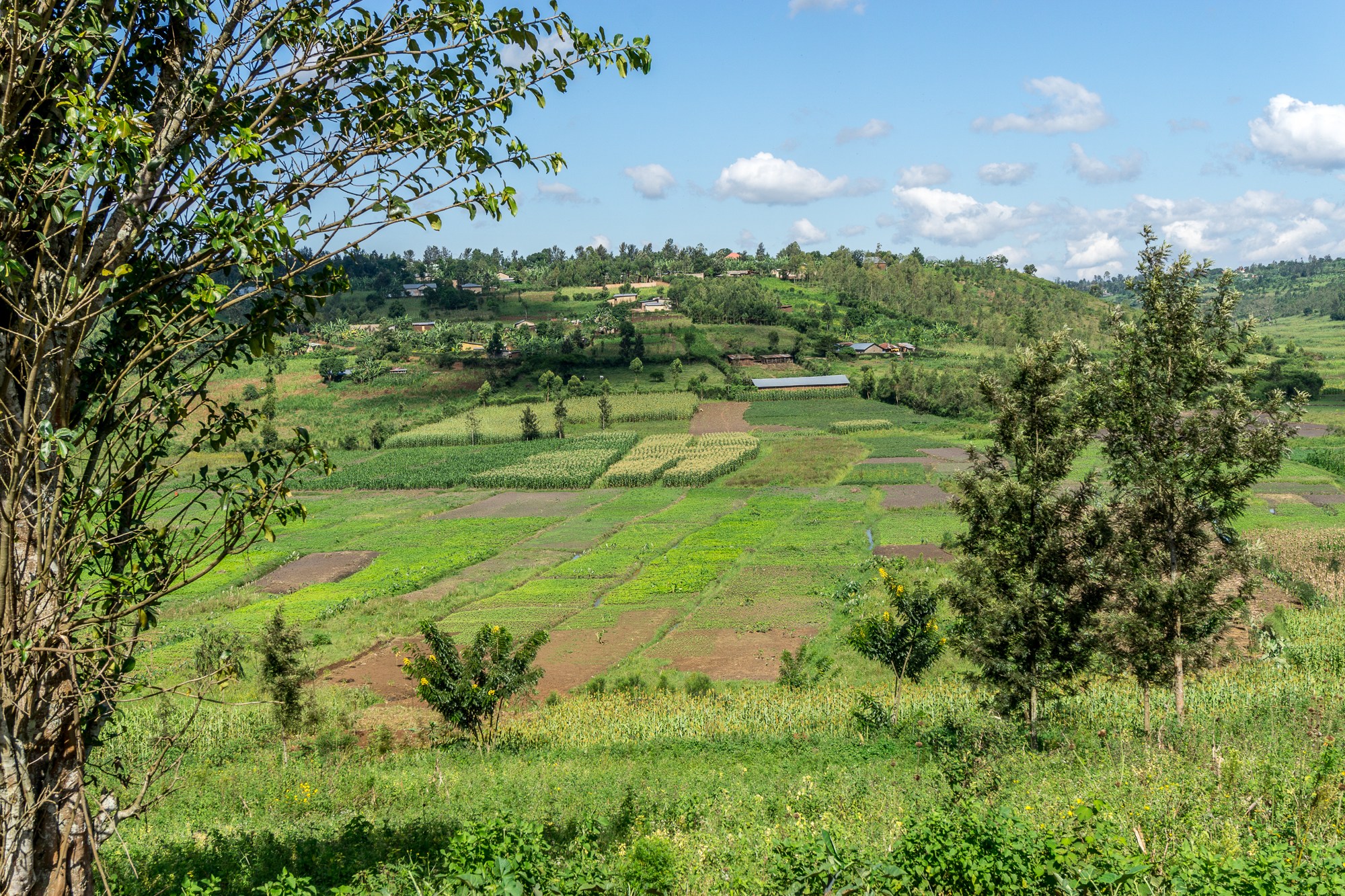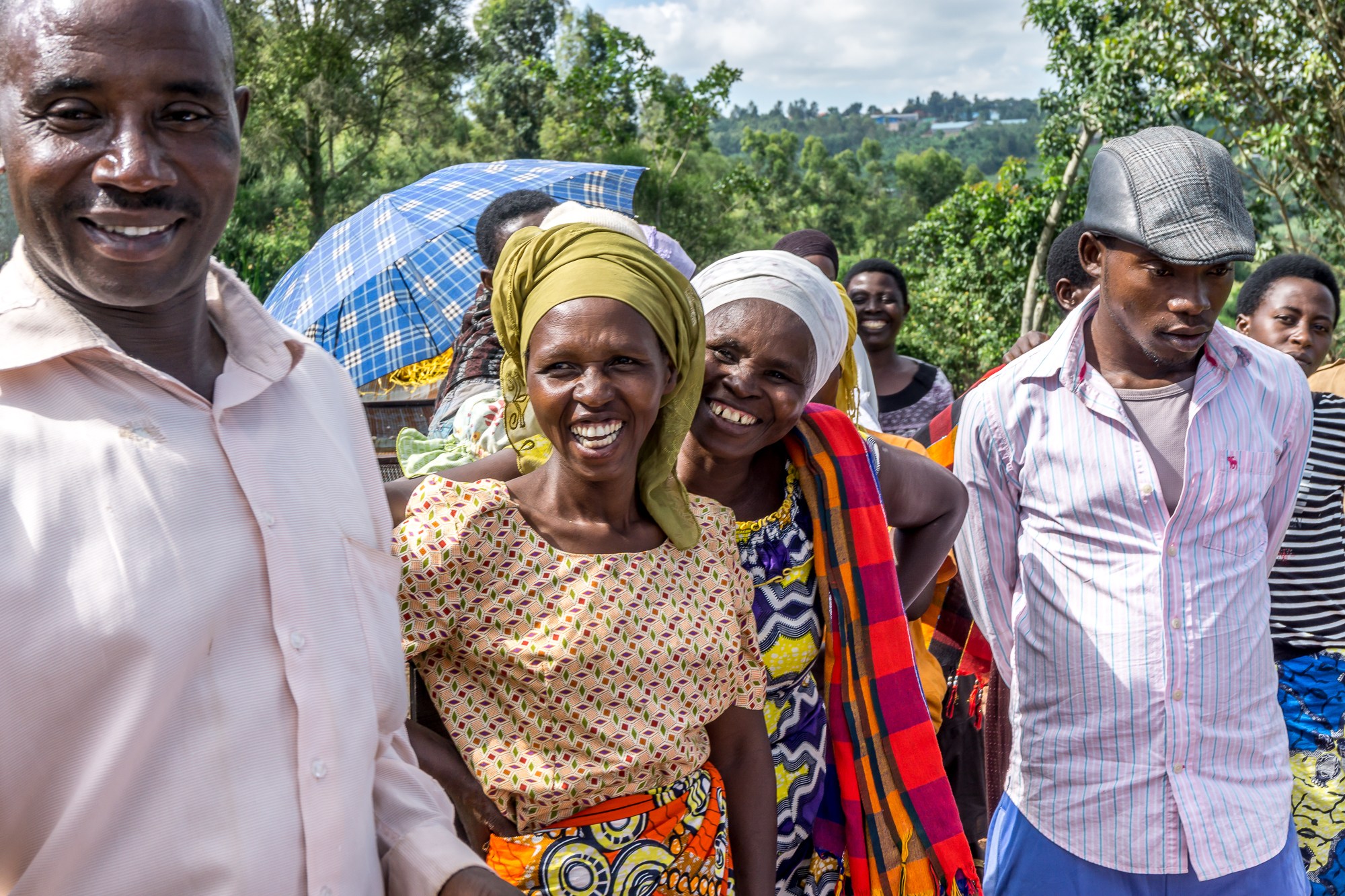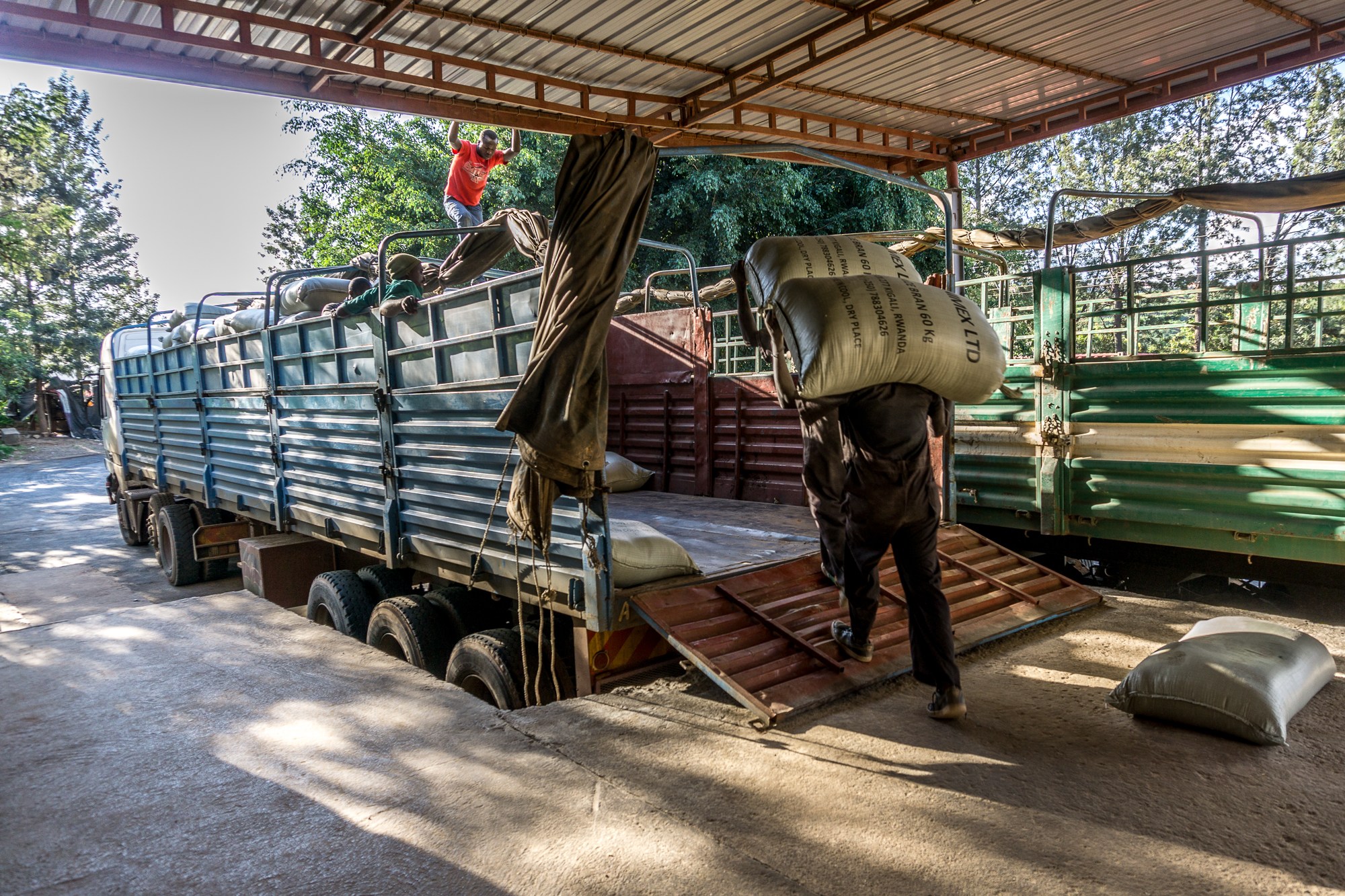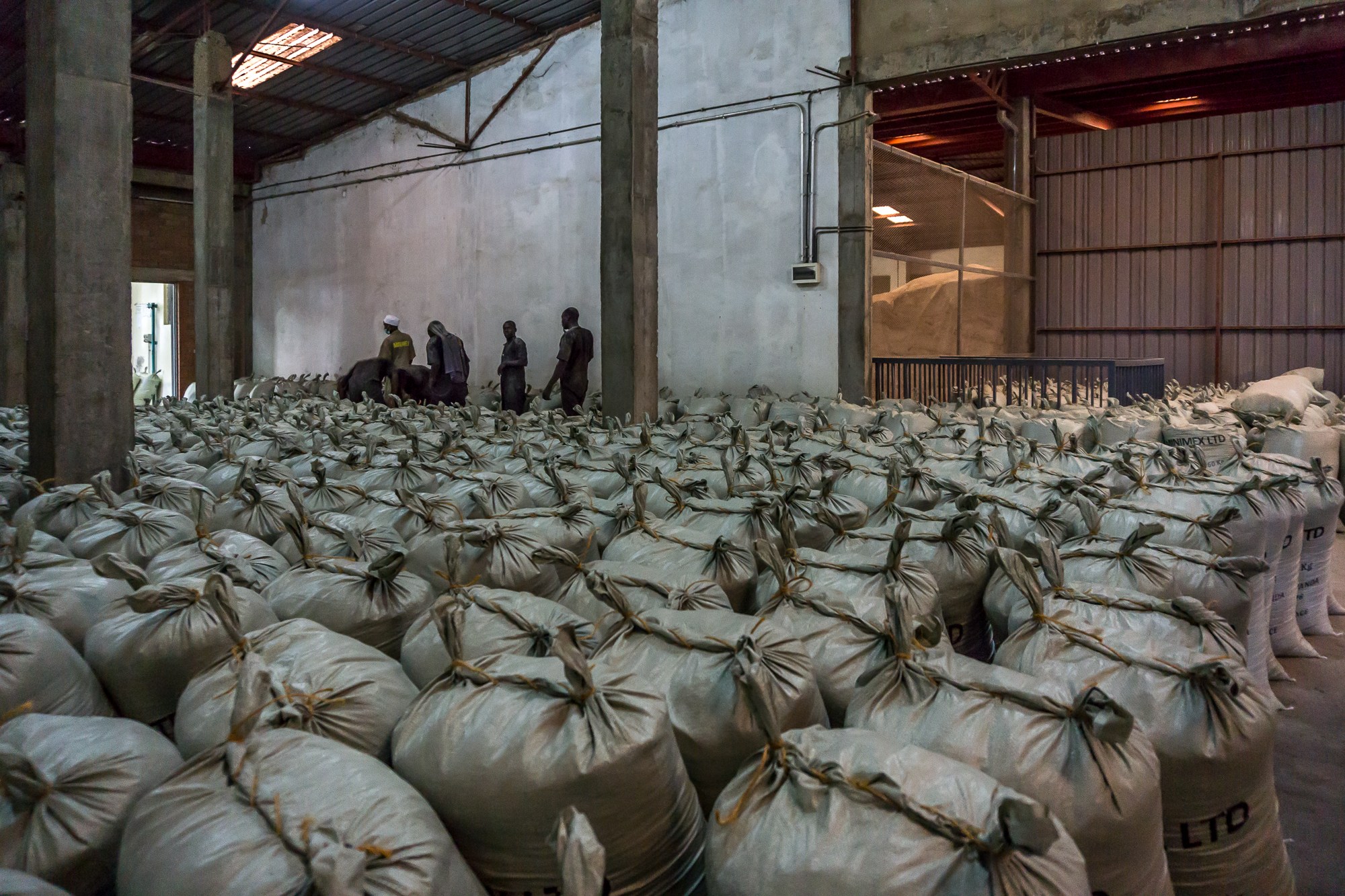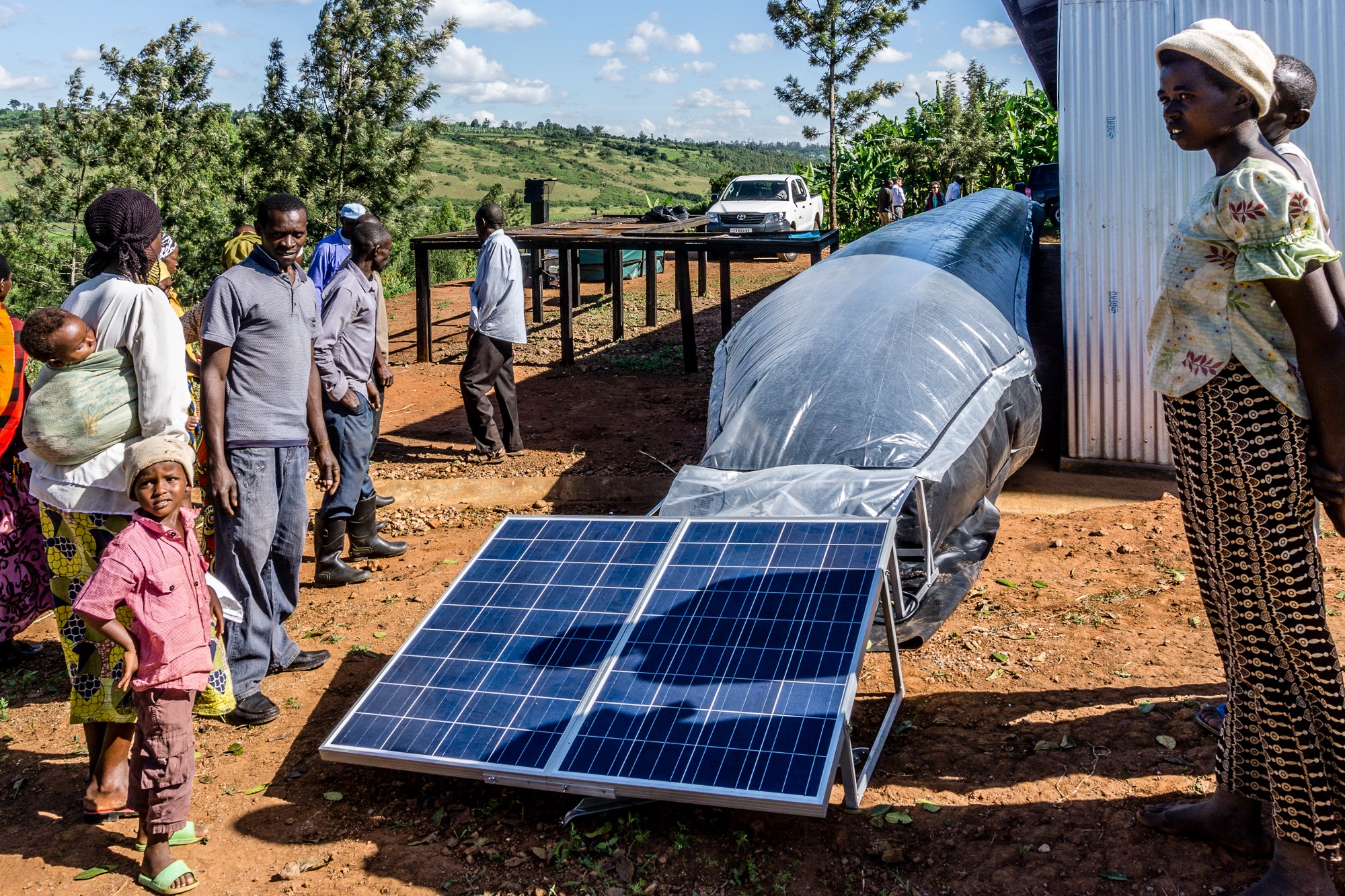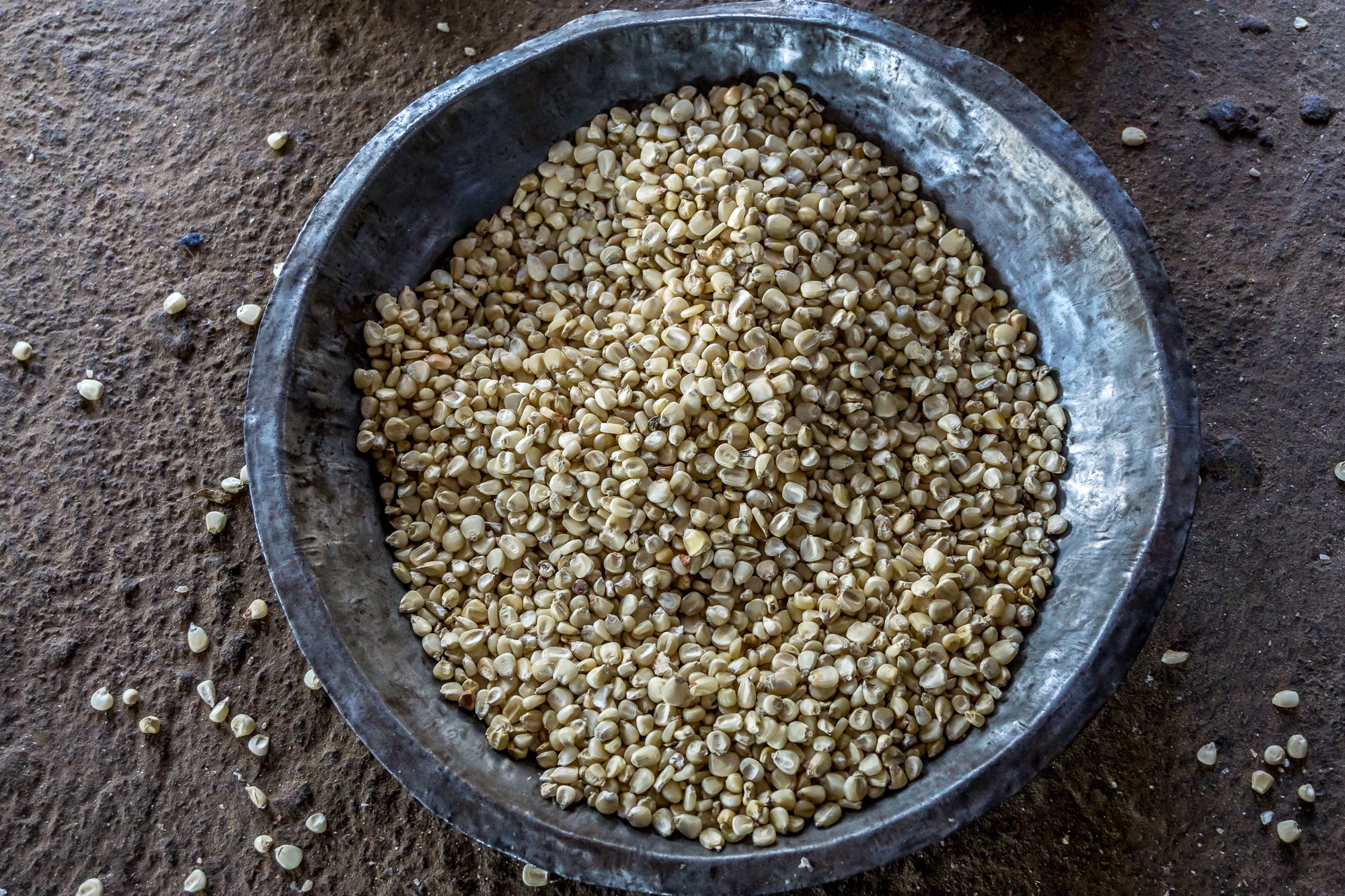Community Revenue Enhancement Through Agricultural Technology Extension (CREATE), 2013-2019
Donors:
Netherlands Ministry of Foreign Affairs, HEINEKEN International, International Finance Corporation (IFC)
Partners:
HEINEKEN, ProDev, World Food Program (WFP), Rwanda Rural Rehabilitation Initiative (RWARRI)
Goal
To reduce poverty in Rwanda through increasing agricultural capacity in rural households and limiting the dependency on imported commodities. The project aims to rebuild agricultural production and increase food security by linking smallholder farmers to urban markets, restoring essential social services, and rebuilding local community cohesion and infrastructure.
What we do
EUCORD is partnering with HEINEKEN and its subsidiary BRALIRWA to assist with the implementation of the Community Revenue Enhancement through Agricultural Technology Extension project otherwise known as CREATE. Support by the Ministry is used to: (a) integrate groups of smallholder farmers into BRALIRWA’s supply chain; and (b) train these farming families in good agricultural practices. This not only helps to substitute imported raw materials by local ones (thereby saving scarce foreign exchange resources) but also helps establish local supply chains, which transfer purchasing power from the urban middle class to the rural poor.
The CREATE Rwanda project aims to limit the dependency on imported maize in Rwanda. BRALIRWA uses maize grits as an adjunct which is supplied by a local miller, Minimex, which aside grits also produces maize flour for human consumption and animal feed. In order to meet Minimex’s maize needs, the amount of locally sourced maize needs to be increased to reduce the quantity of imported maize. The CREATE project is training farmers on improved agronomic practices, facilitating access to seed and fertilizer, arranging contracts between cooperatives and the buyer, and training farmers on post-harvest handling. The project also conducts demonstrations on new production technologies, such as the use of maize hybrids and micro-nutrients.
Accomplishments
Towards the end of the project in June 2019 a round table meeting was held with key partners active in maize value chain development. The conclusions focused on the need for improved yields and post-harvest practice. Proceedings of the meeting can be found here.
A major challenge limiting the competitiveness of maize production in Rwanda is the high yield gap. This report, which compiles the results from on-farm demonstrations conducted during the course of the project, shows it is feasible to obtain maize yields of 4 to 8 t/ha on farmers' fields.
Significant results and impacts achieved by CREATE in Rwanda include:
- Collaboration with local NGO RWARRI (Rwanda Rural Rehabilitation Initiative)
- 50 cooperatives supported and connected to ProDev / MINIMEX
- Average maize yield among participating cooperatives increased from 2 to 3 tons/ha
- Cooperatives mobilizing an increasing volume of credit for input and output financing
- Increased awareness of the importance of good post-harvest management to produce aflatoxin free maize has led to improved maize quality and less maize being rejected (from 30% to 5%)
- The project has created awareness among farmers/cooperatives to mitigate aflatoxin, a carcinogenic toxin. Aflatoxin levels were also measured at several points along the value chain, i.e. qualitative testing at farm level, at ProDev, the buyer and drying facility, at MINIMEX, the miller and at BRALIRWA, the brewery.
- Irrigation demonstrations showed that dry season production of irrigated high-value crops helps to generate additional revenue, reinforcing the whole production system including the production of maize and other food crops
- Climate change (particularly the late start of rains) is negatively affecting the adoption by farmers of improved production practices.

